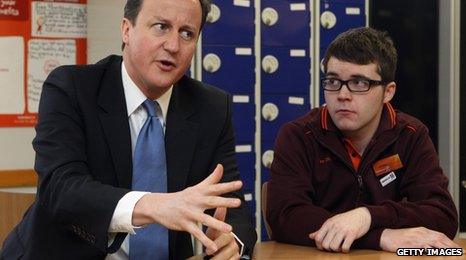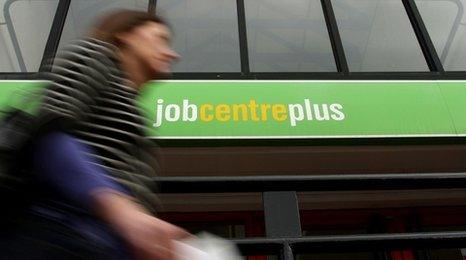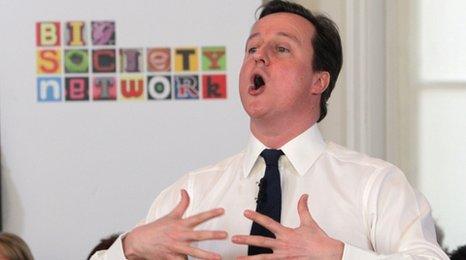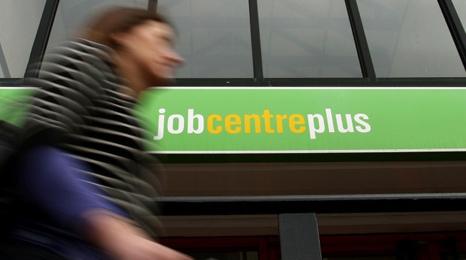Government announces biggest welfare shake-up in years
- Published

The government has revealed details of the biggest shake up of the welfare system since it's creation.
Under the plans, a single payment - called the Universal Credit - would replace all existing benefits.
To encourage people back into work, claimants could lose benefits if they refuse jobs.
Twenty-four-year-old Jules Farina from Reading is proud to say that she's never been on benefits.
She says she knows other people though who have claimed, even though they didn't need to.
"Definitely I've known a few people. Friends. They have been claiming benefits and they're able-bodied and they should have been able to go to work.
"Maybe it's the time that they've been out of work.
"If you've lost your job for whatever reason, then yes you should be helped.
"But if you've been on Jobseeker's Allowance for, let's say, more than four years then that's taking the mickey really."
Benefits
Reading's a big centre for industry and technology.
There are more jobs here than many other places around the UK.
Even so, there's been a steady stream of people in and out of the Jobcentre all morning.
Ali is 24. He didn't want to give his surname but he says he's been looking for a job for nearly two years.

Jules Farina works in a beauty salon in the centre of Reading
"There are no job," he says. "Where is the industry? If they give us jobs, there won't be people claiming benefits."
Sarah rushed by saying she was late for her 10am appointment inside.
"I've got four children," she told us. "At the end of the day, I'm not going to go to work to be worse off, am I?"
Sarah claims four different types of welfare; Jobseeker's Allowance, Single Parent Benefit, Housing Benefit and Council Tax Benefit.
But chief among the government's plans is the collapsing down of many different benefits to a single payment - called a universal credit.
Ministers say it'll happen in 2013.
Labour say they broadly support moves to simplify the system.
Like Ali and Sarah though, they say more work needs to be done to create jobs for people to move into.
Sarah is also scared the changes will leave genuinely vulnerable people worse off.
She says: "It's the poor that suffer in the long run."
- Published17 February 2011

- Published14 February 2011

- Published19 January 2011
